How to steep Taiping Houkui?
Due to the long flat leaves we recommend to steep Taiping Houkui in straight glass, while you can also enjoy the view of this beautiful tea. To bring out the best flavour, apply water at 80°C (175°F). Put 3 grams Taiping Houkui tea into the straight glass, then slowly pour in the hot water and let it brew for 1 minutes. Alternatively, you may also add hot water in the glass first and then slowly stick the leaves one by one in the glass. This may result in a more beautiful appearance. In this case, increase the steeping time to 1.5 minutes. You can gradually increase the steeping time to re-steep the tea leaves for up to 3 times.
The Origins of Taiping Houkui
The origins of Taiping Houkui can be traced back to the Qing Xianfeng period (1851-1861). It was during this era that Zheng Shouqing, the ancestor of Houkui, established a tea garden by the Ma Chuan River. This area, characterised by its high mountains, fertile soil, and a misty climate, provided the perfect environment for cultivating tea. He crafted a flat and straight tea with a fresh, crisp taste and an enchanting orchid fragrance, naming it Taiping Jiancha (Taiping Pointed Tea).
Taiping Jiancha is widely regarded as the predecessor of Taiping Houkui. For centuries, the tea produced under the guidance of Zheng Shouqing and his descendants has stood as the highest standard of Taiping Houkui.
By the mid to late Qing Guangxu period (1875-1908), Taiping tea had garnered immense popularity. Many tea houses and shops were established in cities like Nanjing, Yangzhou, and Wuhan. The demand for Taiping tea soared along the Yangtze River, and it became highly sought after by tea merchants and enthusiasts.
One notable tea collection station, Jiangnan Spring in Nanjing, played a significant role during this period. To diversify their range of teas, enhance product quality, and achieve higher commercial profits, they selected and individually packaged the top buds and leaves from Taiping Jiancha, shipping them to Nanjing where they commanded premium prices. This initiative was met with great success and resonated with tea aficionados.
The true transformation that led to the creation of Taiping Houkui occurred thanks to the innovative thinking of a local tea farmer named Wang Kuicheng, also known as Wang Laoer. Residing in Hougang, Wang was renowned for his extensive experience in tea production and his exceptional tea-processing skills. Inspired by the practice of selecting the finest buds and leaves post-production, he realised that it would be even more efficient to start the selection process during the picking of fresh leaves.
In the high-altitude tea garden on the Phoenix Peak, Wang carefully selected the most robust and upright buds along with two leaves. Through precise and dedicated craftsmanship, he produced a tea with excellent specifications and high quality, which came to be known as “Wang Laoer Kuijian.”
Given the superior quality of this tea, it was deemed the pinnacle of pointed teas. Additionally, since its creator was named Kuicheng and it was produced in the Taiping area, specifically the regions of Houkeng and Hougang, the tea was aptly named “Taiping Houkui.”
Today, it’s one of China’s most luxurious gift teas. In 2004, Taiping Houkui won the King of Tea award. In 2007, Chinese president Hu Jintao presented this tea as a gift to Russian president Vladimir Putin. As the tea is mellow, soothing and rejuvenating. This tea is sometimes also known as as ‘Monkey King’ or ‘Monkey Picked’ green tea in the West.
The Legend
According to legend, a white-haired monkey couple lived in the Huangshan mountains and had a baby monkey. One day, the baby monkey wandered off to Taiping county, and got lost in the fog. Its father monkey immediately set out to search for their child. A few days later, exhausted from the search, the old monkey died in a mountain pit in Taiping County.
A poor man living, who makes a living by picking wild tea and herbs, found the dead monkey and kindly buried it on a hillside. He planted a few wild tea plants and mountain flowers to mark the grave. As he was about to leave, he suddenly heard a voice: “Old man, you have done a good deed for me, I will surely repay you.” Seeing no one around, the old man didn’t think much of it at first.
The following spring, the old man returned to the hillside to pick wild tea and found the entire hillside covered with lush tea trees. While pondering this miracle, the same voice said, “These tea trees are my gift to you. Take good care of them, and you will never worry about food and clothing again.”
The old man then realised that the tea trees were a gift from the divine monkey. Since then, the old man had a fine tea mountain and no longer had to traverse mountains for wild tea. To commemorate the divine monkey, he named the hillside “Monkey hill,” his dwelling “Monkey pit,” (Houkeng) and the tea picked from Monkey Hill “Monkey tea.” Due to its exceptional quality, the tea was later named Taiping Houkui.
Health Benefits
Tai Ping Hou Kui, also known as Monkey King Green Tea, is very healthy for your skin. The antioxidant in green tea helps protect the skin from the harmful effects of free radicals, which cause wrinkling and skin aging. In addition, drinking green tea is an effective to cure acne in a natural way. Studies find that green tea fights all the underlying causes of acne: inflammation, insulin resistance and hormones. Regular consumption of at least 3 cups of green tea per day will treat acne by improving insulin resistance, and reducing the levels of hormones.
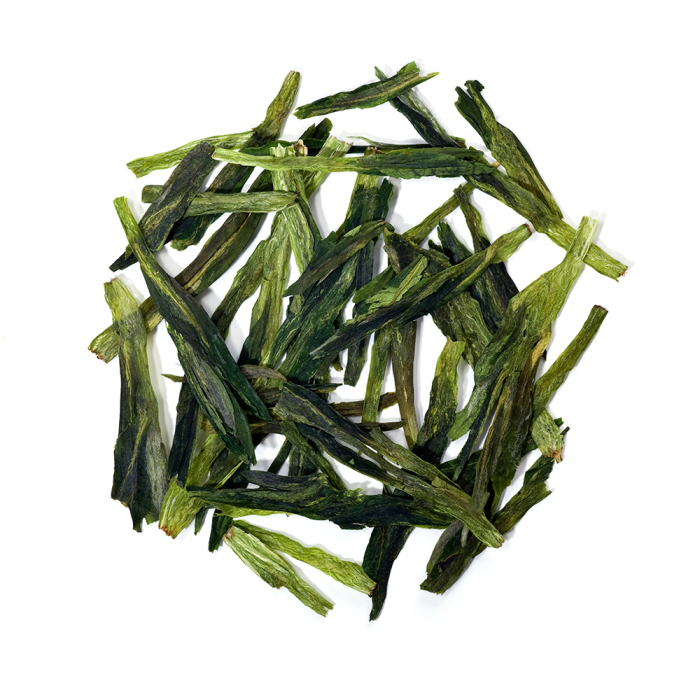
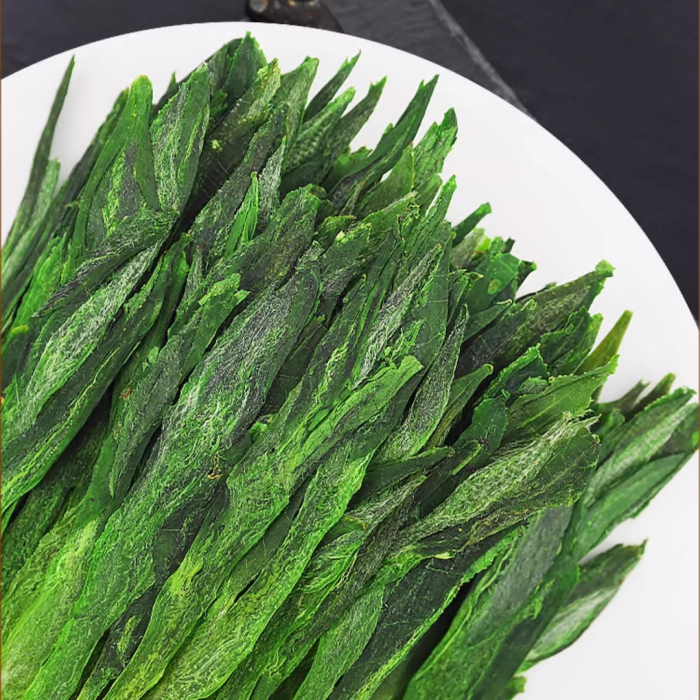
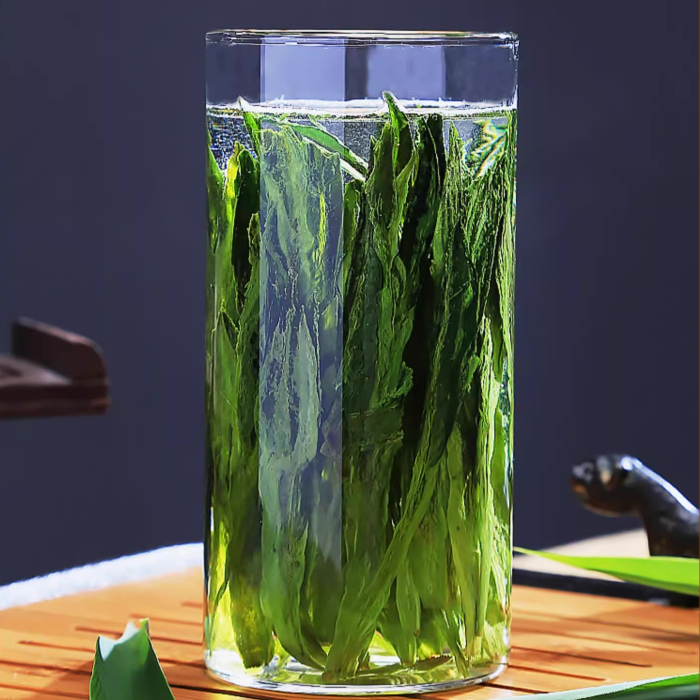
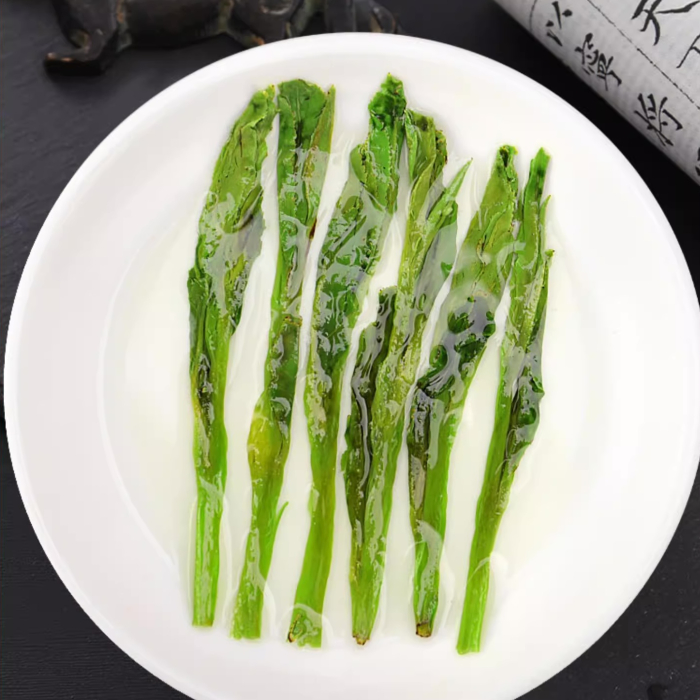
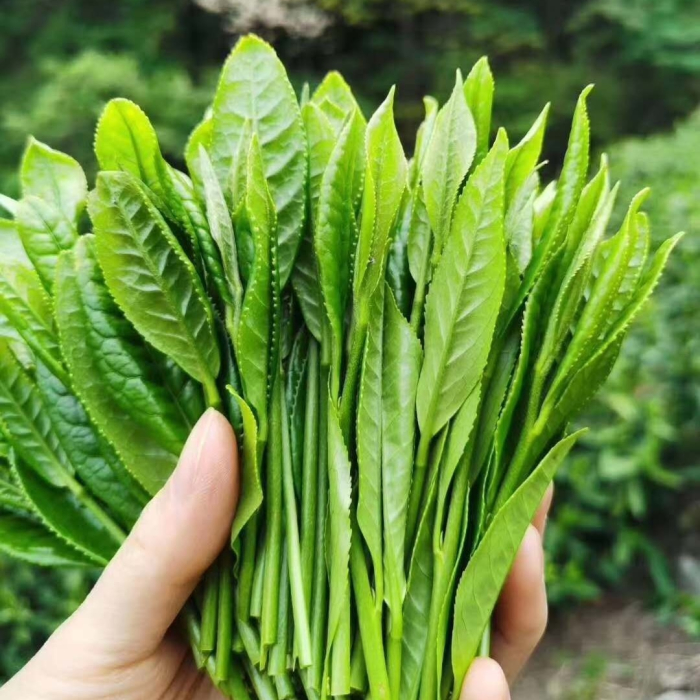
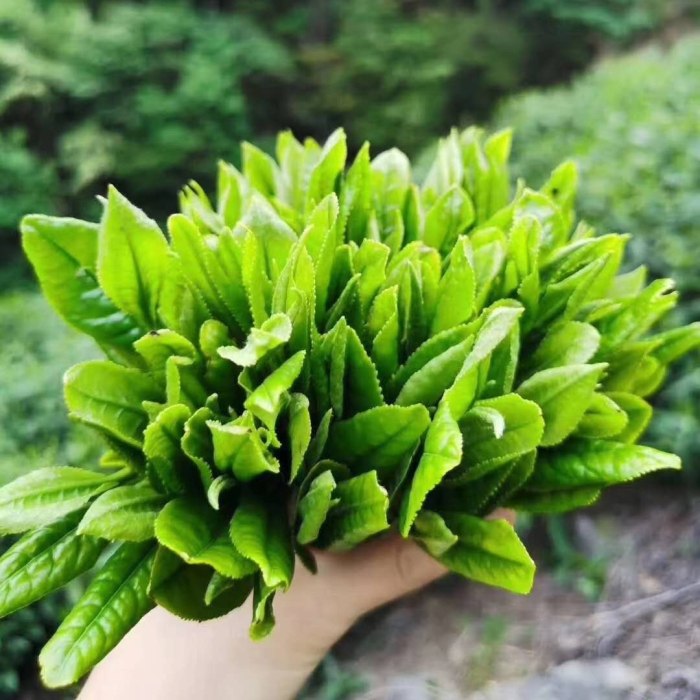
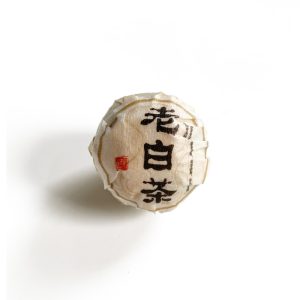
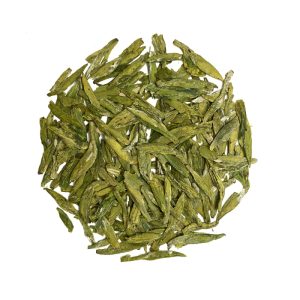
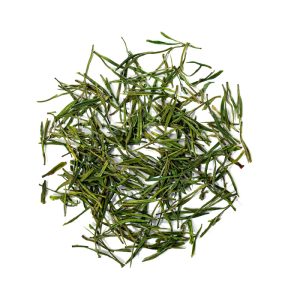
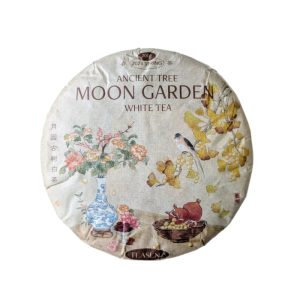
Reviews
There are no reviews yet.